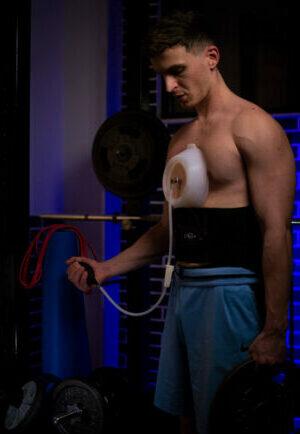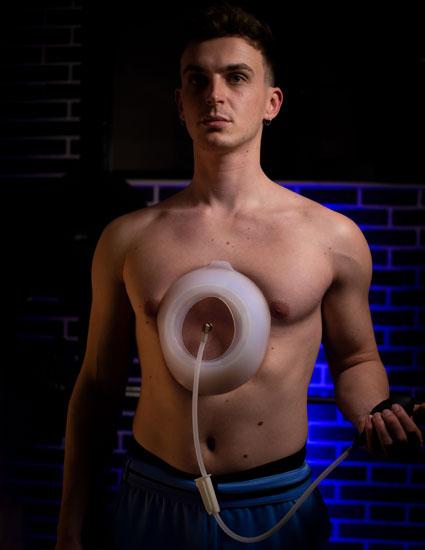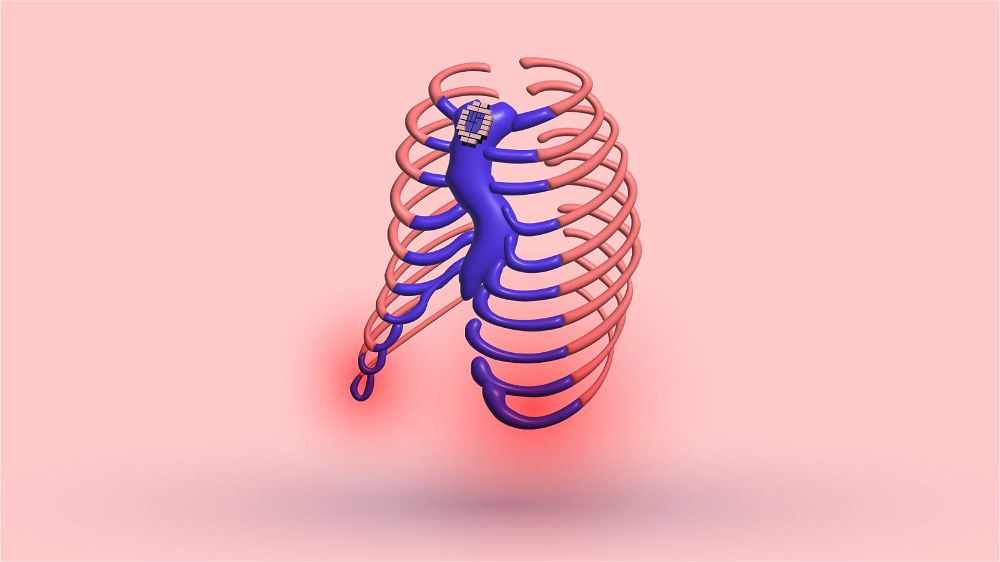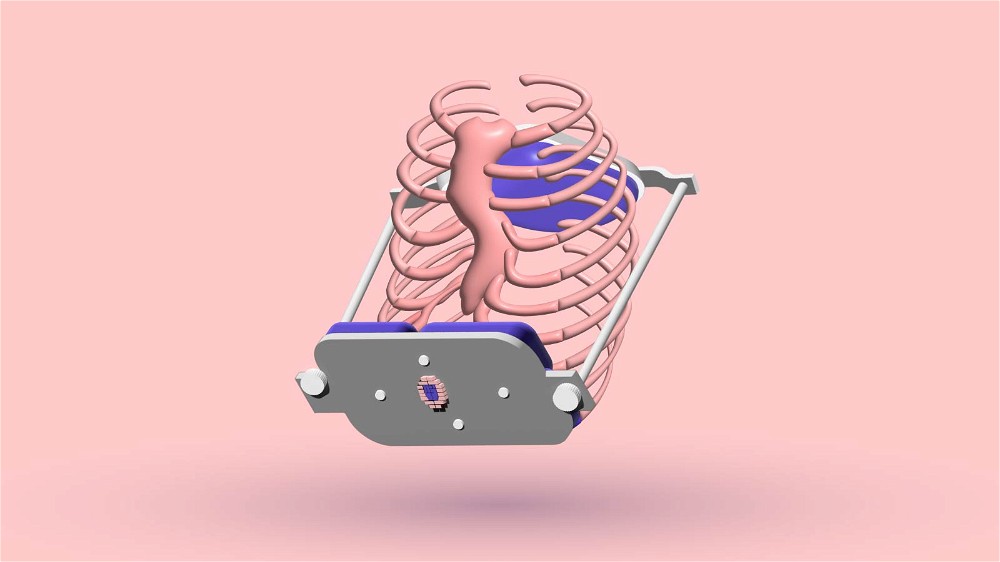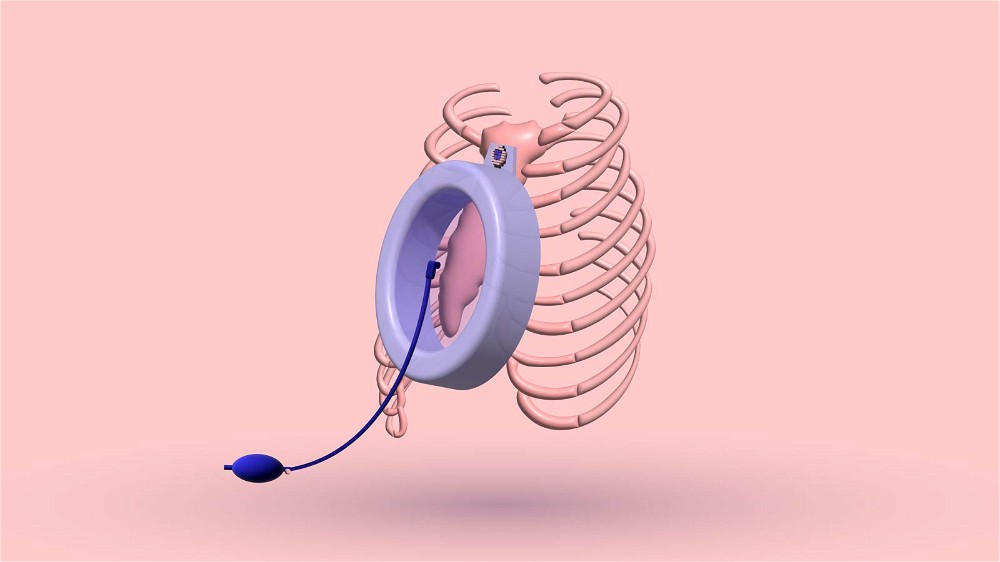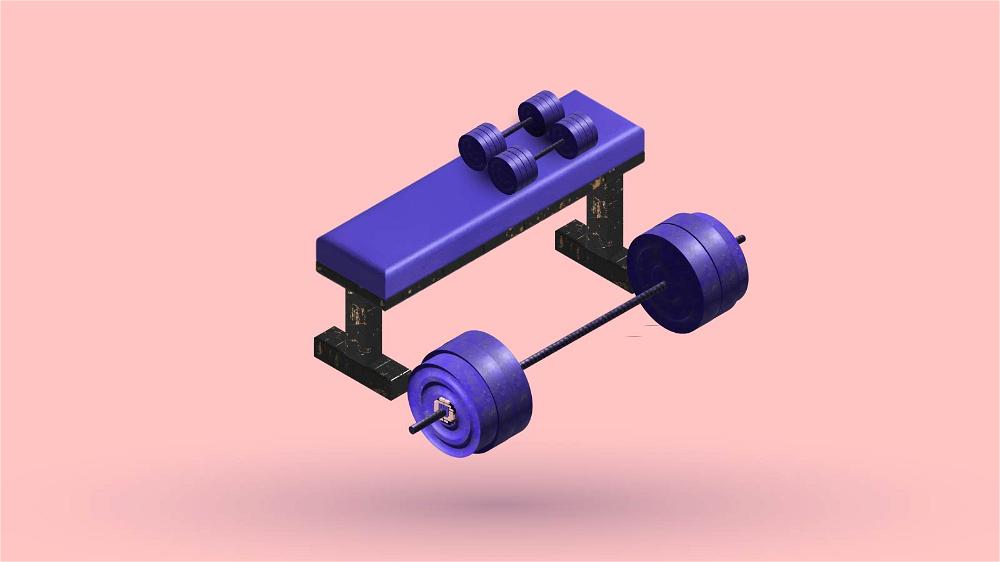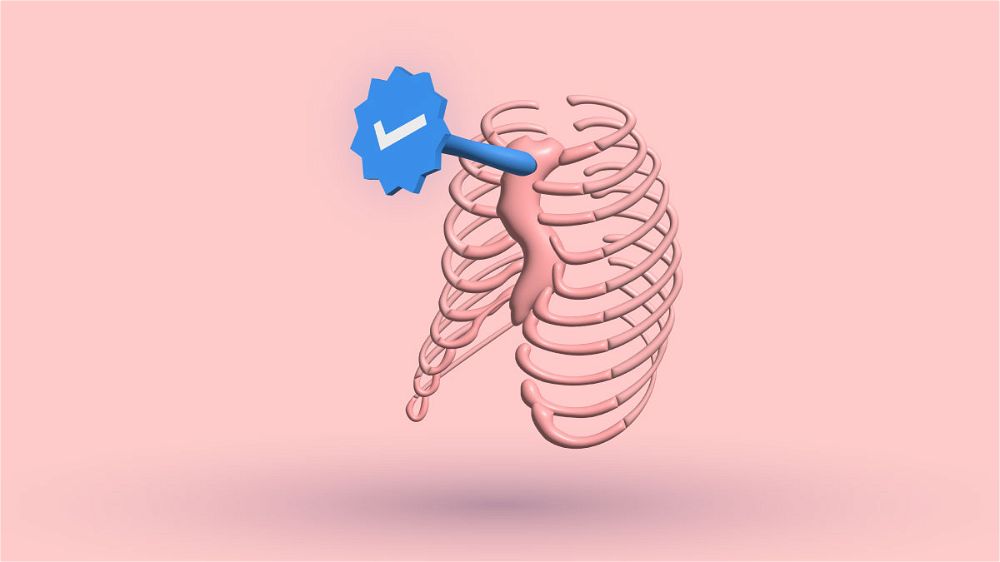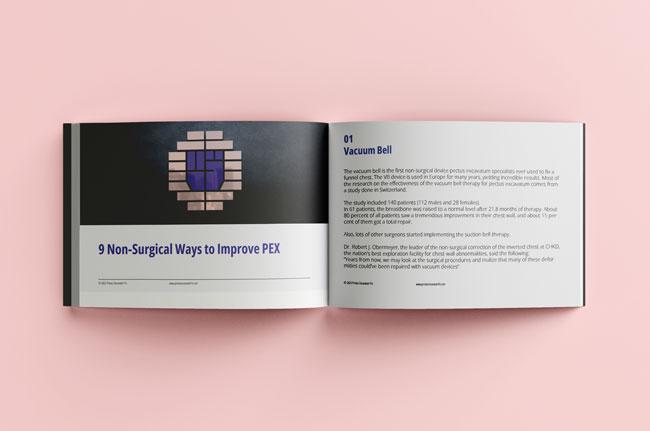Increase in pectus excavatum symptoms can occur mostly because of the deformity severity or poor lifestyle choices.
Periods of increased symptoms can be unpleasant and can occur due to lifestyle changes.
Such feelings of hard chest pain, described by people as stabbing chest pains, dizziness, and shortness of breath, can happen repeatedly.
In those cases, try to remain calm and seek medical help if necessary, so you will be sure you will be okay.
You Are Not Alone
I want to dedicate this post to all of you who face such symptoms and are concerned about your health.
I want to spread the positive word to everyone who struggles now.
Remember that we can improve the pectus problems by working on becoming the strongest version of ourselves, both physically and mentally.
Also, I want you to know that you are not alone in this journey. That is a comforting thing you should always keep in mind.
Worsening of Pectus
Some people have a worsening of the pectus depth in the adolescent years, and that is the period when they can experience increased symptoms.
In the severe cases of pectus, where the lungs and heart are under compression of the chest bone, an increase in symptoms can happen with age and show other underlying health problems you may have.
Increased symptoms are similar in many patients
Many patients frequently write about the same or comparable problems. They vary in different ages of patients.
Such symptoms are:
- Chest pain
- Quick breathing
- Discomfort
- Dizziness, and so on.
Such issues can become more severe at periods and impede living a regular life.
The increase in symptoms can be worrying and can make us feel miserable.
Some people share that they have constant dizziness every time they stand up, and that's when they feel the most intense symptoms. Living with such unpleasant manifestations is difficult, so in such cases, medical help and guidance are certainly needed.
Increase in symptoms because of anxiety
The increase of these symptoms occurs in some patients at specific moments. For example, some share that they have intensified symptoms before the surgery.
In such cases, when we have stressful days, or if we have surgery or an important event coming up, it is expected that we may have increased symptoms that appear due to anxiety and are similar or identical to those caused by our deformity.
We should keep that in mind at times when the symptoms intensify.
Make a Retrospective
It may be a good idea to make a retrospective of our past days, whether we were stressed, whether we slept enough and had a balanced life, and not immediately think that our deformity has worsened.
During those periods, stress hormones are high because of chronic worry and anxiety, which affects our life quality.
Headaches, dizziness, and depression may occur more frequently because you may be worrying too much about your situation.
Stop the Cycle
Nevertheless, anxiety also brings those disturbing ideas about your deformity, which, in a vicious cycle, boosts the fear and discomfort.
Because of that, it's crucial to respond promptly; if such disturbances continue for more than a few days and cause you concern, attempt to act right away.
Make an attempt to change your lifestyle, and get professional help. Make it a goal to become 1% better every day.
My experience with an increase in symptoms
Although I have never experienced hard pain or harsh breathing problems with my deformity, I occasionally have dizziness and a very uneasy feeling in the whole body during stressful times, which I always correlate with anxiety.
I realized that those symptoms occur because of my lifestyle during those periods.
I always try to keep such positive and calming thoughts to prevent turning those feelings into fear.
I always aim to return to a balanced lifestyle and try to get a peaceful night's sleep when my duties are over.
We must prevent ourselves from allowing such oscillations in our life. This allows us to prevent shocking and stressful times. For the sake of our mental and physical health, it is crucial to living in balance and harmony.
Bottom Line
The changes in pectus excavatum symptoms can happen because of several factors. It can be due to the worsening of your condition over the years, or because of poor lifestyle choices.
The important thing in those moments is not to give in to fear and panic. Immediately search for a solution.
Of course, prevention should always be the top priority. Healthy lifestyle changes and choosing beneficial habits will do just that.
But in cases where this alone is not enough, seek medical help to regulate your condition.
Remember that you are not alone and that such changes are expected and annoying. Unfortunately, this is common for us.
If you are currently going through such a period, share with us what symptoms you are experiencing and what you are hoping to do to improve them.
I hope this blog post was helpful.
Thank you for reading.
2 Sources
- Do I have Severe or Mild Pectus Excavatum? | Expert Guidance [Internet]. Cosmetic Surgery Nottingham & Plastic Surgery from Stephen McCulley. [cited 2023 Mar 22]. Available from: https://www.stephenmcculley.co.uk/resource-centre/other-procedures/do-i-have-severe-or-mild-pectus-excavatum/
- Effects of Anxiety on the Body [Internet]. [cited 2023 Mar 22]. Available from: https://www.healthline.com/health/anxiety/effects-on-body


